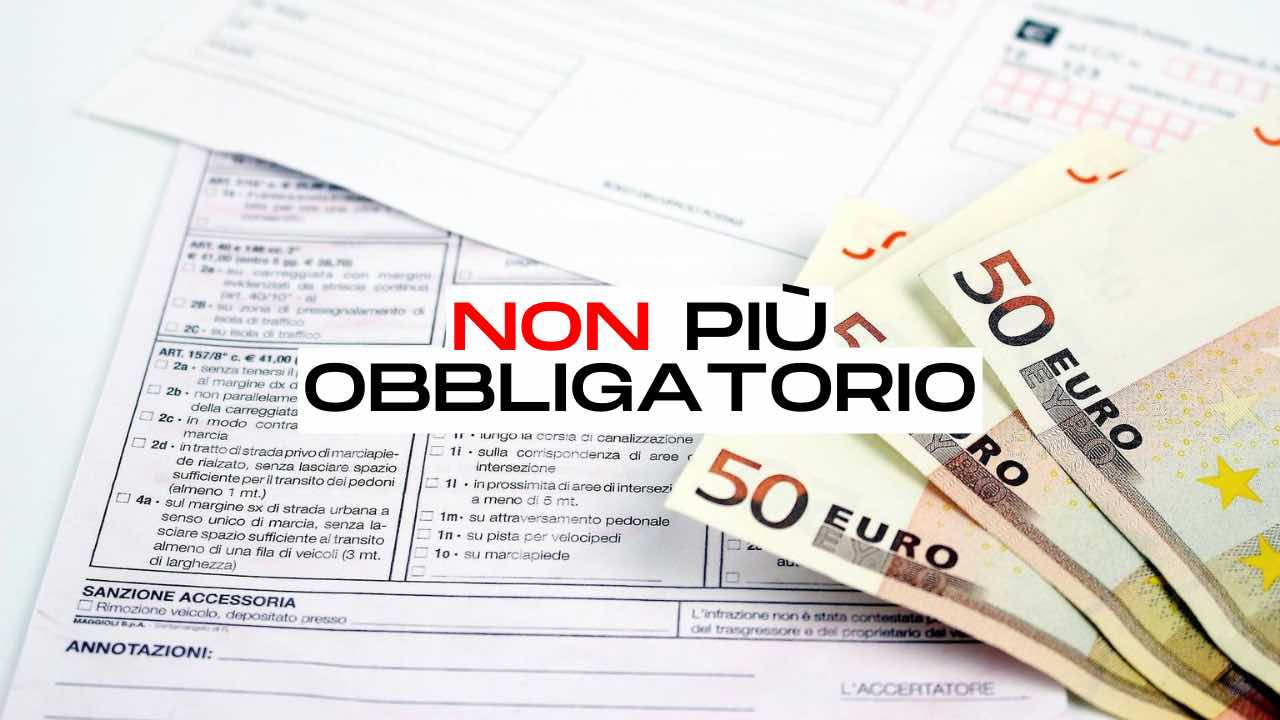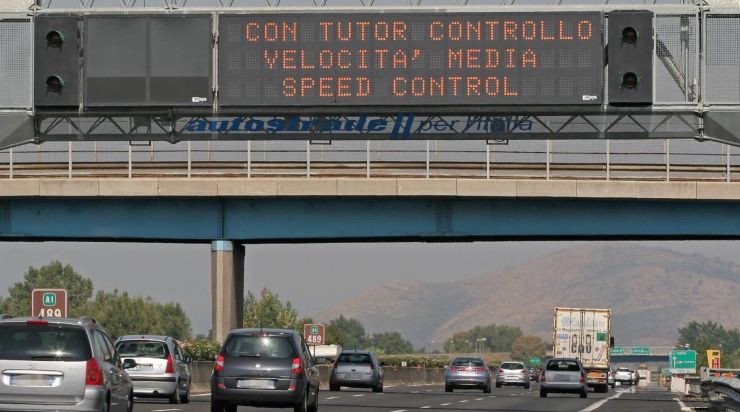If a statute of limitations can have the same effect as a pardon, it can save taxpayers from paying fines or bills.

The new amnesty of the fines is starting to take shape and the initial forecasts speak of a kind of amnesty, but the question we all ask ourselves is: “Do you have to pay the fines for the fines?”.
The new scrapping and amnesty, the deletion of files, the amnesty and so on, are a set of rules, tools and measures that together we can translate them into Fiscal Peace. This is the first draft of the Meloni government in view of the 2022 tax decree. In fact, in the classics of budget legislation, it seems that governments are ready to introduce a new set of measures aimed at alleviating citizens’ debts.
This will make it easier for taxpayers to pay off their debts, allow the state to raise more money, and reduce the amount of debt collected by collection agencies. But despite the more taxpayer-friendly measures mentioned above, there is one permanent tool that taxpayers can use to avoid paying fines, bills, and bills. This tool is the prescription.
Fines are statute barred, how?
It is no news that road fines are also prescribed. The fines for violations of the Highway Code expire, as well as taxes, levies, duties and various charges. The prescription is nothing more than the expiry of a debt and for the sanctions of the Highway Code it is even shorter.

Many people confuse the deadline for sending a fine home with the statute of limitations, but this is not at all the case. In fact, the centralizing bodies, the Carabinieri, the Traffic Police, the traffic police, have a specific term for sending fines that have been deferred, such as for example for tutors or Speed Cameras.
Self after 90 days, which is the period imposed, the fine does not arrive at the taxpayer’s home, the fine will no longer have to be compulsorily paid. If, on the other hand, it arrives punctually at the taxpayer’s home and is not paid, we will move on to injunctions, folders and reminders.
Expiry of tax bills
Given that the deadline for sending sanctions to taxpayers is different from the statute of limitations, something else must be underlined. The prescriptions for the fines are the same as the prescriptions for the folders relating to the same fines.
Fines for traffic violations they expire after 5 years. A statute of limitations that taxpayers should begin to determine after 60 days from the date of delivery of the report to the home.

After some time, when the fines have not been paid, the original municipality will hand it over to theRevenue Agency, collection concessionaire as Equitalia once was. Within 2 years of the transfer of the credit documents from the municipality to the concessionaire, the concessionaire must send the file to the taxpayer. If he doesn’t do it, the credit will expire, and there will no longer be any obligation to pay.




